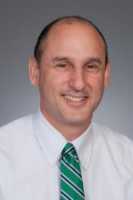MedicalResearch.com Interview with:
Bernard Esquivel Zavala, MD, PhD, MHA
GenXys Chief Medical Officer
MedicalResearch.com: What is the mission of GenXys?
Response: Our mission at GenXys is to tailor the right treatment for each individual patient at the right time. GenXys founders, including Professors Pieter Cullis and Martin Dawes, were heavily involved in the precision medicine field from the very beginning, and they noticed a functional gap between the expectations and the actual clinical implementation of precision medicine Particularly, when it came to, at the time, the new field of pharmacogenetics. Their solution was to provide a comprehensive, user-friendly platform that organizes all patient data relevant to prescribing to provide the safest and most appropriate personalized prescribing options. Simply put, GenXys’ solutions were made by clinicians, for clinicians. The GenXys software suite collects patient information and categorizes that information, including pharmacogenetic data, based on clinical relevance and runs it through advanced condition -based algorithms to provide real time accurate prescribing options. It makes my life as a clinician easier and safer and gives me the confidence that I am not practicing ‘trial and error’ prescribing.
Ideally, every healthcare provider should be using a real time medication decision support solution like ours, and not just for pharmacogenetic test results. Pharmacogenomics is just one piece. In fact, our core product, TreatGx™ can run with or without pharmacogenomics. Let's say that you've run it without pharmacogenomics, meaning that you are using this tool to organize and rapidly identify how biophysical factors, liver function, kidney function, comorbidities, and drug-drug interactions may impact the medication you're about to prescribe to your patient. This functionality alone is incredibly helpful. In fact, the factors I just mentioned likely account for 95% of the reasons why a patient does not respond to a particular medication or might have an adverse drug reaction. But the TreatGx platform will also highlight when the evidence supports bringing pharmacogenomic information into the mix. The right approach is bringing all those relevant clinical, biochemical, and molecular factors closer to the provider which will ultimately foster personalization. We will start treating the individual instead of the disease(s).
As with any new technology, there are barriers to precision prescribing. This includes educational and emotional barriers. It’s important to educate providers and keep them up to date to help them understand the power that precision prescribing can bring into their practice—and the limitations—to set the right level of expectation. The Human Genome Project was finished in 2000, and there was a lot of buzz about pharmacogenomics even back in 2003. The field got a lot of traction in 2015. So, everyone thought, "Oh, this is going to be groundbreaking and quite disruptive. From now on my prescription is going to be a hundred percent accurate and safe." But it's not quite the whole story. Pharmacogenomics has to be considered as another piece of the puzzle. It's like saying that by having an MRI, you're curing cancer. It's just another piece of the treatment puzzle. There are also emotional barriers, where ego can factor into a decision. It can be uncomfortable for a physician to say, "I don't know this. Let me check it out. Let me explore it further, review, and come back to you." It's easier to say if I don't know it, that it doesn't work or isn’t relevant, rather than exposing yourself. And so that, in terms of the emotional piece, I would say is a big component. We can tackle the emotional component that element by fostering education and bringing education closer to providers.
(more…)



 Joanna Jiang, PhD
Agency for Healthcare Research and Quality
Rockville, Maryland
MedicalResearch.com: What is the background for this study? What are the main findings?
Response: Over the last decade we have seen two trends occurring to rural hospitals – closures and mergers. A hospital in financial distress could likely face closure. But if the hospital affiliates with a multihospital system, it may have access to resources from the system that help shelter the hospital from closure.
That is exactly what we found in this study. System affiliation was associated with a lower risk of closure for financially distressed hospitals. However, among hospitals that were financially stable, system affiliation was associated with a higher risk of closure. This is somewhat puzzling and needs further study to better understand the reason for closure.
Joanna Jiang, PhD
Agency for Healthcare Research and Quality
Rockville, Maryland
MedicalResearch.com: What is the background for this study? What are the main findings?
Response: Over the last decade we have seen two trends occurring to rural hospitals – closures and mergers. A hospital in financial distress could likely face closure. But if the hospital affiliates with a multihospital system, it may have access to resources from the system that help shelter the hospital from closure.
That is exactly what we found in this study. System affiliation was associated with a lower risk of closure for financially distressed hospitals. However, among hospitals that were financially stable, system affiliation was associated with a higher risk of closure. This is somewhat puzzling and needs further study to better understand the reason for closure.
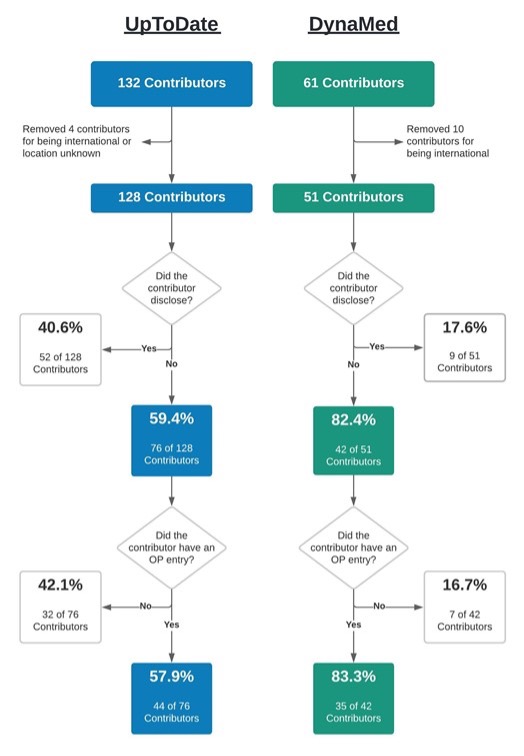
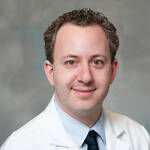




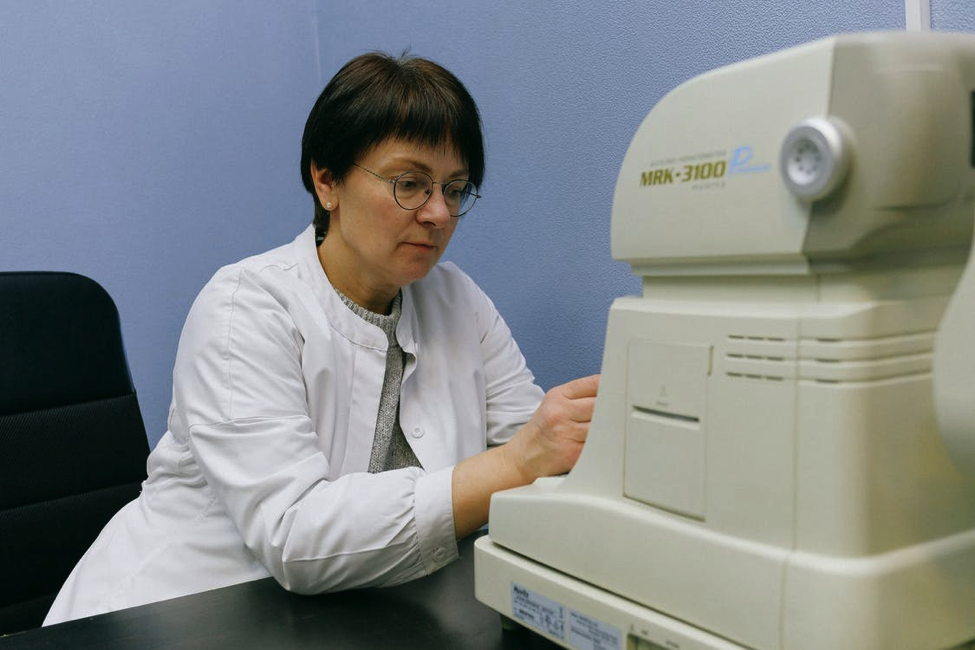
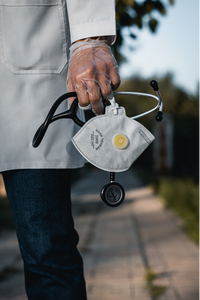





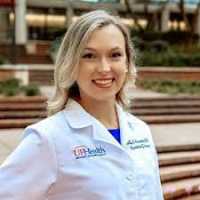
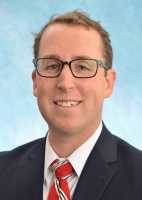




 As a specialized healthcare position where you will be responsible for the health and wellbeing of patients, nurses are required to hold a degree and a license before they can begin work. To qualify as a registered nurse, you will need to obtain a BSN degree, which typically takes around four years when studying full-time. However, if you already have a bachelor’s degree in another subject, there is an option that will allow you to become a nurse in half the time; accelerated nursing programs are designed for those who already have a bachelor’s degree and want a quick career change into nursing. The
As a specialized healthcare position where you will be responsible for the health and wellbeing of patients, nurses are required to hold a degree and a license before they can begin work. To qualify as a registered nurse, you will need to obtain a BSN degree, which typically takes around four years when studying full-time. However, if you already have a bachelor’s degree in another subject, there is an option that will allow you to become a nurse in half the time; accelerated nursing programs are designed for those who already have a bachelor’s degree and want a quick career change into nursing. The 